
|
Scooped by Robin Good |
Gooru is a curated search engine focusing on K-12 free learning resources which allows teachers and educators to easily find relevant materials on most topics and to organize them into shareable collections, quizzes and customizable playlists.
"Quickly and easily pinpoint the exact resources for your teaching needs by filtering search results by grade level, resource type, and Common Core State Standard."
"...drag and drop pre-existing collections to save them in your personal library. Once saved, you can customize collections by uploading your own resources, adding narration to resources, and inserting questions to test for understanding."
Classpages, which can be password protected, allow to assign collections and quizzes to students in specific classes. In Gooru it's possible to create multiple Classpages and to manage assignments across different sections all in one place.
"As students study collections and answer questions, teachers receive direct feedback on their mastery and progress, allowing them to personalize instruction to individualized learning preferences."
Try it out now: http://www.goorulearning.org/
Find out more: http://about.goorulearning.org/product/overview/
Intro presentation of what Gooru is: https://docs.google.com/a/goorulearning.org/presentation/d/1TWpEWcliK3nOXrh9jnApgHNpcGEuCx1PaEBjFi9e4mk/edit#slide=id.geac2c7dd_2182
More useful info here: http://about.goorulearning.org/community/



 Your new post is loading...
Your new post is loading...

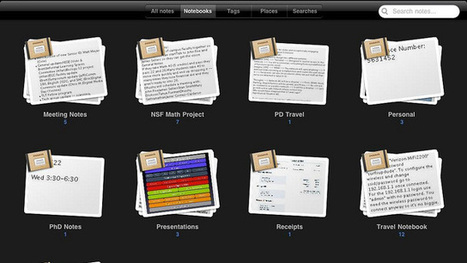

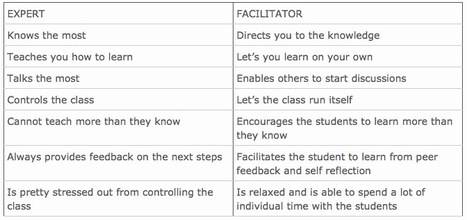



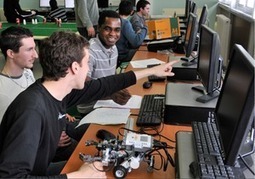




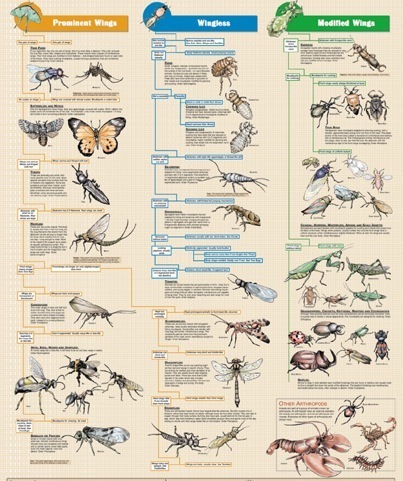






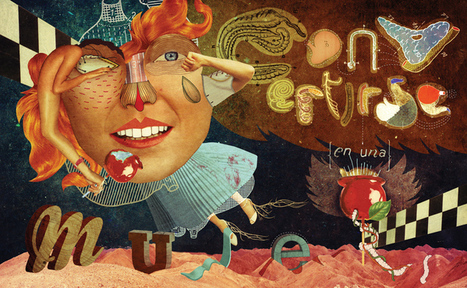






Robin - Another great analysis. Thanks for all of our hard work & curation.